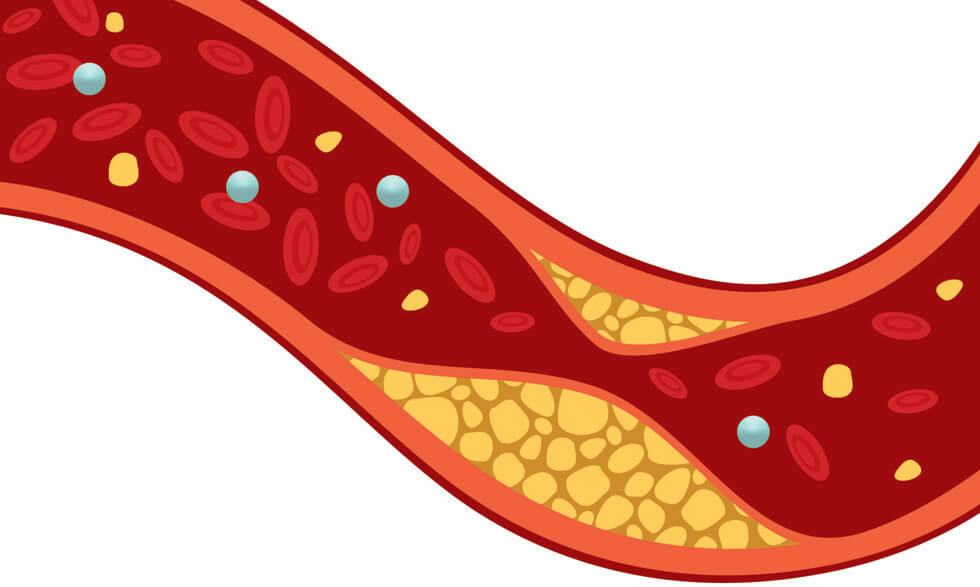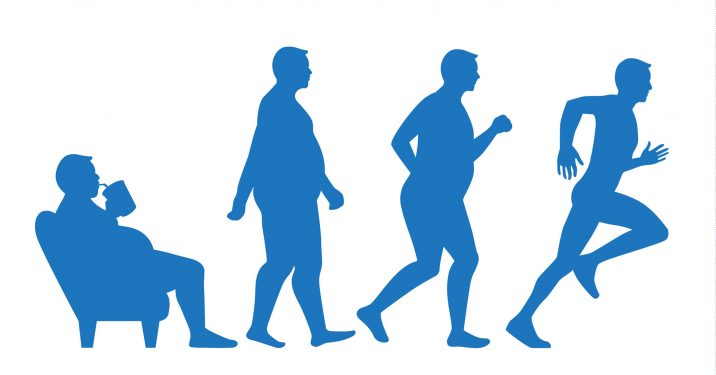There is a high association between back pain and sleep problems. Studies reveal that back pain interferes with getting to sleep and staying asleep through the night, and conversely, that lack of restorative sleep increases pain. This connection has the potential to lead to a downward spiral of both less sleep and increased pain.
It is estimated that 50%-80% of people with chronic pain suffer from sleep problems.
How Back Pain Impairs Sleep
Back pain creates several obstacles that get in the way of experiencing adequate sleep:
Increased awareness of the pain. When trying to fall asleep, there are no distractions. This absence of everyday distractions may increase awareness of the pain, which in turn can make it even harder to fall asleep.
Back pain makes it difficult to find a comfortable position. A specific back condition may require the individual to try out different sleeping positions in an attempt to lessen the pain at night. A new position may feel awkward or uncomfortable at first, which may delay sleep.
Medication for back pain may disrupt sleep. A number of medications typically prescribed for pain, such as opioids, have been shown to interfere negatively with sleep. For example, long-term use of opioids has been linked to sleep apnea.
Lack of exercise leads to sleep problems. Back pain usually makes it difficult to engage in vigorous activity during the day. Lack of exercise and activity in turn decreases the chances of acquiring sufficient sleep at night.
Back pain makes it challenging to experience high-quality sleep. Studies have shown that the relationship between back pain and sleep works in the other direction too.
Research indicates that it is probable that inadequate or interrupted sleep may worsen back pain.
Sleep deprivation shuts down release of growth hormone. The nighttime release of growth hormone is necessary for relieving pain and healing the body. A lack of sleep prevents this process.
Poor sleep may intensify sensitivity to pain. Sleep disturbance may reduce the body’s pain tolerance by making the central nervous system overly sensitive to pain signals. Pain from back conditions may feel even more painful because of sleep deprivation.
Inadequate sleep aggravates inflammation. Studies show a link between sleep disturbances and increased inflammation. Inflammation is almost always present with painful back conditions, and increased inflammation typically leads to increased pain.
Lack of sleep contributes to depression. There is a strong association between the lack of sleep and increased risk of depression. Depression may be a contributor to the onset of back pain.
It is widely agreed that most adults require between 7 and 9 hours of sleep per night for optimal physical and mental wellness. Yet it is not only the quantity of sleep that contributes to the healing process; the quality of sleep plays an essential role.
Sleep that is restorative for the body requires time spent in the deep non-REM and REM stages of the sleep cycle. As the individual occupies these phases in the night, chemical properties that replenish and repair the body are activated.
The Most Comprehensive Wellness Formula on the Planet!
Practicing good sleep hygiene can help make falling asleep and staying asleep easier.
Considerable amounts of growth hormone are released when the body reaches the later stages of sleep. The secretion of growth hormone is necessary for stimulating growth in the body, cell reproduction, and cell regeneration. High-quality, restorative sleep, then, acts as a venue where the body’s healing process takes place. It is the opportune time for the spine to self-repair.
Get Restorative Sleep Despite Back Pain
Getting an adequate amount of healthy, restorative sleep is beneficial for dealing with back pain. Yet back pain makes it difficult to attain quality sleep. There are a number of ways to improve the chances of progressing into restorative sleep despite the pain.
Find a new mattress. Back pain may be exacerbated by a mattress that is old and saggy, or simply too firm or too soft. Sleeping on a mattress that provides the right amount of support and comfort is important for attaining quality sleep. Adjustable beds may also be considered; many people with lower back or neck pain find it more comfortable to sleep in a slightly reclining position.
Loosen back muscles before bedtime. Stretching out painful areas may help release muscle tension. Local application of heat therapy, such as a heating pad, helps stretch and relieve soft tissues around the spine. These two simple actions may lessen discomfort enough to enable sleep.
The Ultimate Anti-Aging and Pain Management Program!
Restorative Sleep Brings Back Pain Relief
Use relaxation techniques. Mindful meditation, for example, has been shown to reduce the perception of pain, andmay help allow enough relief to fall asleep. Other relaxing bedtime rituals, such as peaceful visualization or focused breathing, may provide aid in keeping attention away from the back pain and creating a more comfortable environment.
Try cognitive behavioral therapy. Cognitive behavioral therapy for insomnia (CBT-I), in which a patient works with a therapist to develop behavioral habits and make lifestyle adjustments, has been shown to help improve sleep. Even patients receiving CBT-I through via online services have experienced positive outcomes.
Try a different sleeping position. Sleeping on the side, curled into a fetal position, with a pillow placed in between the knees, may help with spinal alignment and relieve pressure. Sleeping on the back, with knees slightly elevated by a pillow and another flat pillow tucked under the head, may promote spinal alignment and reduce stress on pressure points. As mentioned above, sleeping on the back with the upper body in a reclined position and the knees slightly bent also reduces stress across the lower back.
An Entire Health Food Store in a Bottle!
Getting deep, restorative sleep is not a cure-all for back pain, but it promotes several benefits that may positively contribute to pain relief.



